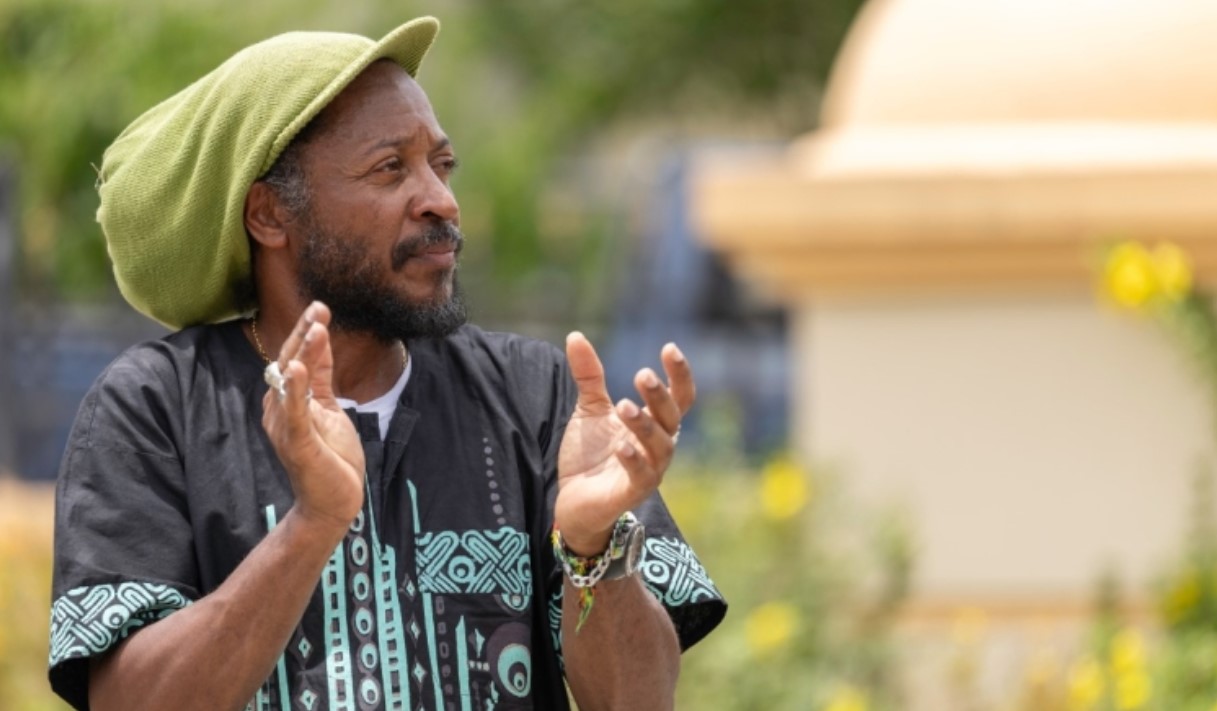Rastafari Leader Welcomes Cannabis Bill Consultation, Minister Urges Public Feedback
 20 January 2025
20 January 2025


With the draft Cannabis and Industrial Hemp Bill now at the public consultation stage, the leader of a Rastafarian organisation has expressed cautious optimism while Minister of Commerce Emma Hippolyte has urged active community participation in shaping the legislation.
The bill, which outlines regulations for the cultivation, processing, and sale of cannabis and hemp products, is expected to be presented to Parliament by the end of the first quarter of 2025. The draft legislation was released for public review and comment last week.
Speaking at a pre-Cabinet media briefing on Monday, Minister Hippolyte stressed the importance of public participation in refining the bill.
“It is very important for us because we have worked quite a bit to try to get a model bill, and now we want feedback from the general public,” she said, adding that the government is committed to transparency and collaboration. “In the coming weeks, we are going to have public conversation and public discussion.”
Responding to a query about the timeframe for the consultation and public comment on the draft bill, Hippolyte noted that any substantial feedback could impact the timeline.
“I would like to get this bill in Parliament before the end of this quarter; everything depends on the feedback that we get. So if we get feedback that would cause us to rework any major part of it, then I would have to shift that timeframe because we then have to rely on the Office of the Attorney General to make this amendment,” she said. “But I’m hoping that with all the discussion and conversation that we’ve had in the past, we are almost ready to go.”
The minister also underscored the role of the newly established Regulatory Steering Committee (RSC) in guiding the development of the island’s cannabis industry.
“I’m really hoping that now [with] the establishment of the RSC and the appointment of the CEO, and the corporate secretary, you will help us spread the word with discussion on our cannabis bill,” she urged the media.
President of the Iyanola Council for the Advancement of Rastafari (ICAR), Aron Alexander, hailed the progress as a significant milestone after decades of advocacy.
“It took us 50 years to get here—50 years of advocacy, protests, and keeping the pressure on politicians to address cannabis decriminalisation and legalisation,” he told St Lucia Times.
While the progress is significant, Alexander also noted that challenges remain in implementing the new legal framework.
“It’s a new initiative, and we know it’s going to take time to fix the kinks,” he explained, stressing that even after the bill is passed, adjustments may be necessary to address unforeseen issues.
One of the key outcomes of ICAR’s advocacy has been an agreement with the government to establish a Rastafari Development Fund, supported by a percentage of cannabis-related tax revenue. Alexander stressed the importance of ensuring that the Rastafari community, which has historically suffered under cannabis prohibition, benefits from the legalisation process.
“We’ve been brutalised, jailed, murdered, and our livelihoods destroyed because of prohibition,” he said. “While we don’t seek to benefit disproportionately, we must be key stakeholders in this new regime.”
The ICAR head also emphasised the need for strong representation on the board managing the fund to ensure its impact on the community.
Related News

‘You Just Feel Violated’: Victim Recounts Lasting Home Burglary Trauma

Disabilities Advocate Wants More Inclusive Public Transport and Tourist Sites

Flu Precautions Urged with School Back in Session

